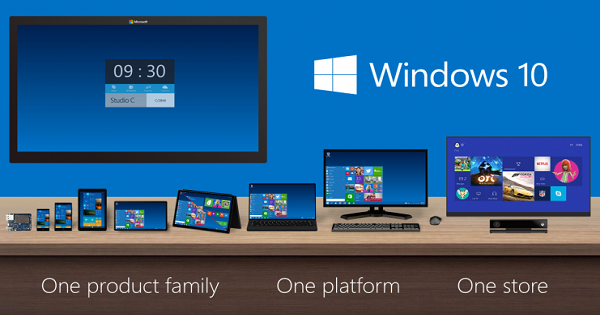Posted by : Cyber Freak
Monday, 8 August 2011
Last week, security researchers unviels another strain of malicious software aimed at smartphones that run Google's popular Android operating system. The application not only logs details about incoming and outgoing phone calls, it also records those calls. That came a month after researchers discovered a security hole in Apple Inc.'s iPhones, which prompted the German government to warn Apple about the urgency of the threat.
Security experts say attacks on smartphones are growing fast — and attackers are becoming smarter about developing new techniques.
"We're in the experimental stage of mobile malware where the bad guys are starting to develop their business models," said Kevin Mahaffey, co-founder of Lookout Inc., a San Francisco-based maker of mobile security software.
Some 38 percent of American adults now own an iPhone, BlackBerry or other mobile phone that runs the Android, Windows or WebOS operating systems, according to data from Nielsen. That's up from just 6 percent who owned a smartphone in 2007 when the iPhone was released and catalyzed the industry. The smartphone's usefulness, allowing people to organize their digital lives with one device, is also its allure to criminals.
All at once, smartphones have become wallets photo albums & because owners are directly billed for services bought with smartphones, they open up new angles for financial attacks. The worst programs cause a phone to rack up unwanted service charges, record calls, intercept text messages and even dump emails, photos and other private content directly onto criminals' servers.
— Google Inc. has removed about 100 malicious applications from its Android Market app store. One particularly harmful app was downloaded more than 260,000 times before it was removed. Android is the world's most popular smartphone operating software with more than 135 million users worldwide.
— Symantec Corp. the world's biggest security software maker, is also seeing a jump. Last year, the company identified just five examples of malware unique to Android. So far this year, it's seen 19. Of course, that number pales compared with the hundreds of thousands of new strains targeting PCs every year, but experts say it's only a matter of time before criminals catch up.
One recent malicious app secretly subscribed victims up to a service that sends quizzes via text message. The pay service was charged to the victims' phone bills, which is presumably how the criminals got paid. They may have created the service or been hired by the creator to sign people up. Since malware can intercept text messages, it's likely the victims never saw the messages — just the charges.
A different piece of malware logs a person's incoming text messages and replies to them with spam and malicious links. Most mobile malware, however, keep their intentions hidden. Some apps set up a connection between the phone and a server under a criminal's control, which is used to send instructions.
Google points out that Android security features are designed to limit the interaction between applications and a user's data, and developers can be blocked. Users also are guilty of blithely click through warnings about what personal information an application will access.
Malicious programs for the iPhone have been rare. In large part, that's because Apple requires that it examine each application before it goes online. Still, the recent security incidents underline the threat even to the most seemingly secure devices.
A pair of computer worms targeting the iPhone appeared in 2009. Both affected only iPhones that were modified, or "jailbroken," to run unauthorized programs.
And Apple has dealt with legitimate applications that overreached and collected more personal data than they should have, which led to the Cupertino, Calif.-based company demanding changes.
"Apple takes security very seriously," spokeswoman Natalie Kerris said in July. "We have a very thorough approval process and review every app. We also check the identities of every developer and if we ever find anything malicious, the developer will be removed from the iPhone Developer Program and their apps can be removed from the App Store."
A criminal doesn't even need to tailor his attacks to a mobile phone. Standard email-based "phishing" attacks tricking people into visiting sites that look legitimate work well on mobile users. In fact, mobile users can be more susceptible to phishing attacks than PC users.
- Back to Home »
- hackers , smartphones »
- Now Smartphoines Will Be A New Frontier To Hackers














